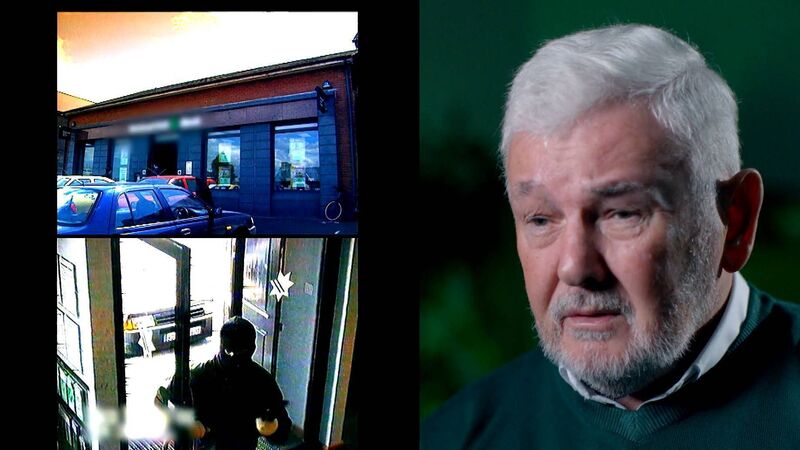Mick Clifford: We can’t silence those we disagree with — that's not democracy

Try from €1.50 / week
SUBSCRIBE
John Gilligan in the documentary 'Confessions of a Crime Boss'. Picture: Virgin Media
Helen McEntee was adamant this week that she would not be watching the TV documentary based on interviews with John Gilligan.
Ms McEntee is the justice minister, while John Gilligan is a career criminal with a reputation for violence and thuggery. He is also widely suspected of having ordered the murder of journalist Veronica Guerin in 1996. He served 17 years in prison for drug offences before being released in 2013.
Already a subscriber? Sign in
You have reached your article limit.
Annual €130 €80
Best value
Monthly €12€6 / month
Introductory offers for new customers. Annual billed once for first year. Renews at €130. Monthly initial discount (first 3 months) billed monthly, then €12 a month. Ts&Cs apply.
CONNECT WITH US TODAY
Be the first to know the latest news and updates
Newsletter
Sign up to the best reads of the week from irishexaminer.com selected just for you.

Select your favourite newsletters and get the best of Irish Examiner delivered to your inbox
Sunday, February 8, 2026 - 7:00 AM
Sunday, February 8, 2026 - 7:00 AM
Saturday, February 7, 2026 - 11:00 PM
© Examiner Echo Group Limited